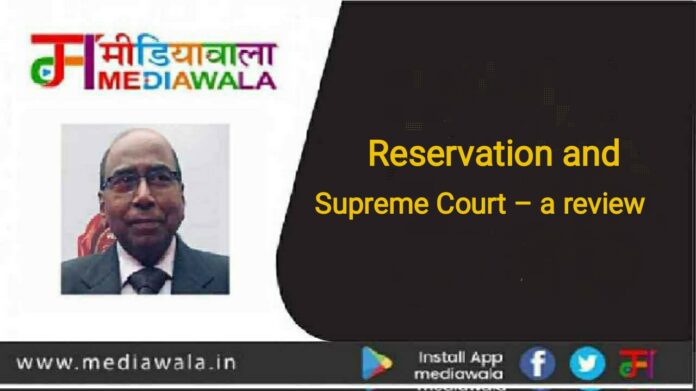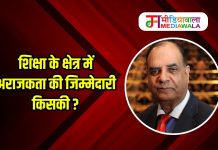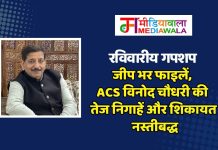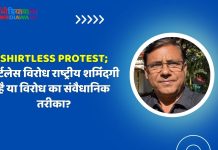
Supreme Court in its verdict has refused to allow out of turn promotions of SC and ST categories of class three and four government employees. Supreme Court has insisted that governments should come out with the data of the present position of the employees of these categories in these classes of services before any such move. In a state like MP regular promotions are held up for over five years with serious repercussions on the administrative setup.
There was, and there is, near complete unanimity among the people of India for providing the reservation to SC and ST in services, educational institutions and legislatures. This feeling of the people is because of the social and economic backwardness and historical background of dalits and adivasis. It was in this spirit that the constituent assembly provided reservations to dalits and adivasis in services, educational institutions and legislatures.
Congressmen were dominating The constituent assembly and they naturally reap the advantages of reservation for next three decades. Gradually politicians of different shades learnt the art of extending reservations and the biggest such step was taken by VP Singh by accepting the recommendations of Mandal commission of 27% reservation for OBC. Many political parties benefited by this reservation policy, especially in Hindi heartland. Strong OBC leadership emerged not only in the so called parties of social justice but also slowly in all parties. However, this was not the end. There was mad rush among politicians to include more and more groups of caste into the fold of OBC irrespective of its justification by common sense. Reservation demand for Marathas is a pointer in this regard. Rising unemployment has fuelled more demands for reservations and politicians have played on it. Not to be left behind, even the Sawarns were placated by politicians by granting 10% quota for the economically backward of general category. The process of enlarging the scope of reservation has still not finished and politicians are ever innovative to throw new demands. Their eyes are also lurking on private enterprises.
To get the support of large number of dalit and tribal employees of class three and four in services, various governments have come out with idea of promoting out of turn such employees, without giving any evidence that they are underrepresented at different levels in services in these classes. This is what the Supreme Court has pointed out. Politicians’ view point can be seen in the words of CM of MP ‘Koi mai ka lal – –‘.
Doctor BR Ambedkar was one of the greatest intellectuals and humanitarians of his time. He firmly believed in equality but an equality which allows rise of downtrodden sections of society including women.He was the chief architect of the Constitution of India. Under his guidance the constituent assembly drafted the policy of reservation but put a clause “Provided that reservation shall be for ten years and the position would be reconsidered at the end of the period”. Subhash Kashyap, former secretary general of Lok Sabha who had access to Dr Ambedkar, claims that ‘he had said that 10 years is too short a period and it should be 40 years, but thereafter the Parliament should have no power to extend reservation by law. He was against reservation in perpetuity.’
The idea of reservation was to bring the downtrodden in the administration at all levels of the government . Simultaneously the governments were supposed to bring positive actions of providing quality education and economic benefits to raise the standard of these people to a level where they stand in equal competition with all sections of society. But sadly the government schemes of providing help to SC and ST have not borne real fruits. It has made little difference to the vast multitudes of dalits and adivasis, except giving rise to a new hereditary elite.







